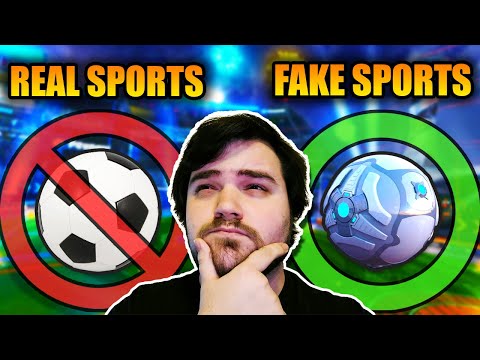Who Has the Most Championship Rings in Sports?
We all know that winning is everything in sports. But which athletes have won the most championships? Here’s a look at the athletes with the most championship rings in sports history.
Checkout this video:
Michael Jordan
basketball player Michael Jordan has the most championship rings of any athlete in history. He won six NBA titles with the Chicago Bulls, as well as two Olympic gold medals. Jordan also has three rings from his time with the Washington Wizards, for a total of 11 championship rings.
Bill Russell
Bill Russell is a retired American basketball player who has the most championship rings of any athlete in history. He played for the Boston Celtics from 1956 to 1969, winning 11 NBA championships. He was also a five-time NBA MVP and a 12-time NBA All-Star. After his playing career, he coached the Celtics to two more championships in 1974 and 1976.
Magic Johnson
Former NBA star Magic Johnson has the most championship rings of any athlete in history. He won five NBA titles with the Los Angeles Lakers, as well as two Olympic gold medals.
Johnson’s success is all the more impressive when you consider that he had to overcome a lot of personal hardships in his life. He was diagnosed with HIV in 1991 and retired from basketball soon afterwards. However, he has since become a successful businessman, motivational speaker, and philanthropist.
It is clear that Magic Johnson is a true champion in everything he does!
Kareem Abdul-Jabbar
Kareem Abdul-Jabbar (born Ferdinand Lewis Alcindor Jr.; April 16, 1947) is an American former professional basketball player who played 20 seasons in the National Basketball Association (NBA) for the Milwaukee Bucks and the Los Angeles Lakers. During his career as a center, Abdul-Jabbar was a record six-time NBA Most Valuable Player (MVP), a record 19-time NBA All-Star, a 15-time All-NBA selection, and an 11-time NBA All-Defensive Team member. A member of six NBA championship teams as a player and two as an assistant coach, Abdul-Jabbar twice was voted NBA Finals MVP. In 1996, he was honored as one of the 50 Greatest Players in NBA History. NBA coach Pat Riley and players LeBron James and Shaquille O’Neal have called him the greatest basketball player of all time.
After winning 71 consecutive basketball games on his high school team in New York City, Alcindor was recruited by Jerry Norman, the head coach of UCLA. He played for Norman’s UCLA Bruins team that won three consecutive NCAA Men’s Division I Basketball Championships in 1967, 1968, and 1969. Alcindor became the only player to be named Most Outstanding Player in all three NCAA Final Fours on which he played when his UCLA Bruins won the 1967 NCAA Men’s Division I Basketball Tournament against Dayton. In what would be his final college game, Alcindor’s UCLA Bruins beat Scott Bull’s Ohio Bobcats by a score of 90–72 to win the 1969 NCAA Men’s Division I Basketball Championship against Purdue University at Oregon State Fairgrounds Coliseum in Portland on March 22, 1969—giving the Bruins their seventh straight championship overall dating back to John Wooden’s 1963–64 NCAA Men’s Division I Basketball Team—and giving Alcindor himself his third consecutive national championship overall and first ever outright National Championship with Wooden as head coach at UCLA which made Wooden 6’10” power forward/center Kareem Abdul-Jabbar (then going by Lew Alcindor) one of only two men to ever win 3 consecutive National Championships in college basketball as a player (the other being Bill Russell who did it twice with San Francisco winning back to back outright national championships in 1955 & 1956 then winning again outright in 1957 & shared in 1958 & sharing again in 1959 & losing to Ohio State in 1960 making him 1–1 in national championship games); together they are also two of only four men to ever win 3 consecutive National Championships period coaching or playing; Wooden would win again outright in 1970 & 1971 with Sidney Wicks & Curtis Rowe joining Kareem Abdul-Jabbar from those same three Bruin teams making them four of only seven men to ever win 4 NCAA Division 1 National Championships as well.







